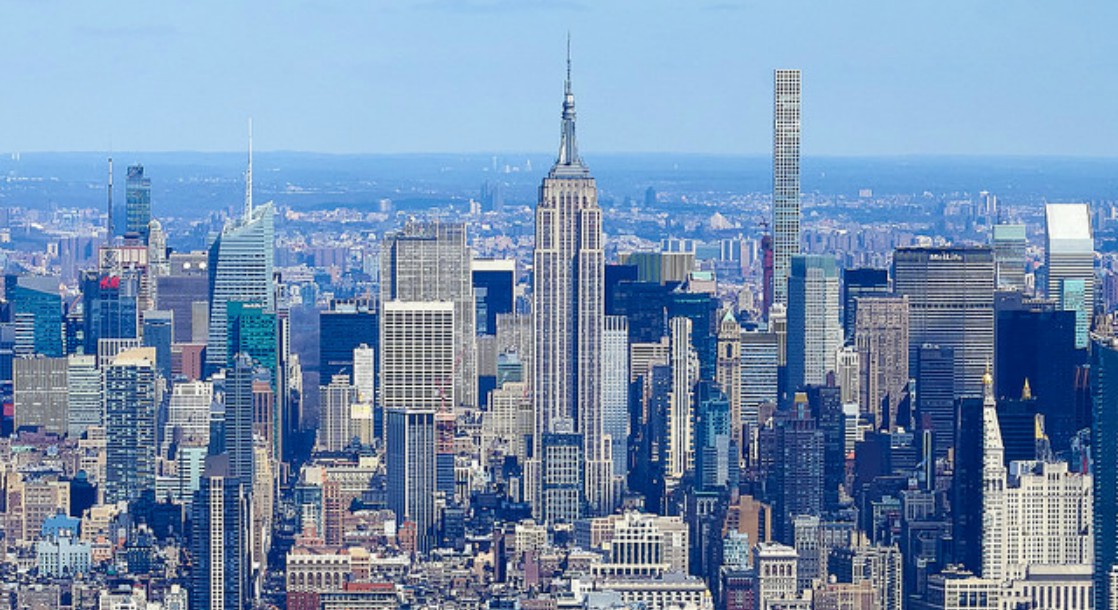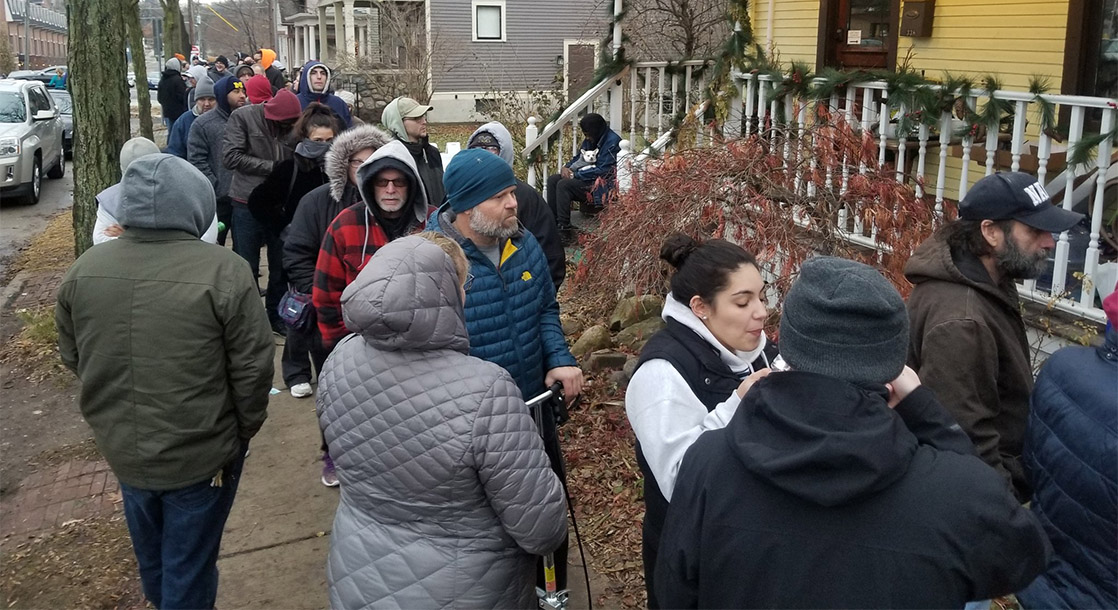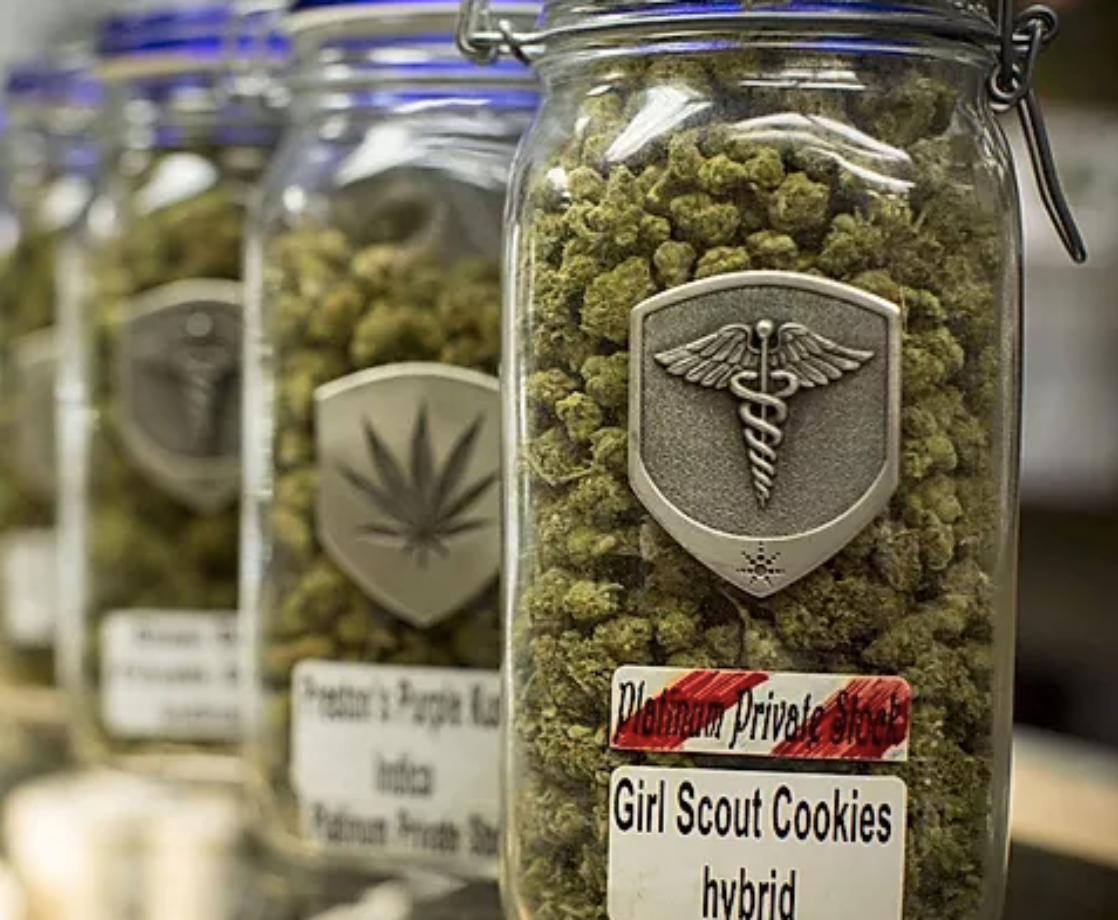New York State passed medical marijuana legislation in 2014, with patients able to purchase their medicine at licensed dispensaries since 2016. This year, the program expanded further, with broadly defined ailments like chronic pain added to the state’s list of qualifying conditions. But even with the expanded qualifiers opening the system to millions of New Yorkers, high priced product and a lack of smokeable marijuana for sale has resulted in state-approved patients seeking their weed from black market dealers instead of dispensaries.
According to Staten Island Live, patients in the Empire State can purchase CBD-rich oils, capsules and vaporizers from five licensed producers and eight approved dispensaries. Without additional competition, prices are double and triple what they might be in a recreational-legal state.
"There are vape pens you can get for $30 or $40 in a state like Colorado that you can get for $100 here for an inferior product." Empire State NORML representative Doug Greene said. "Most people seem to think they're better off staying in the unlicensed market and getting a cheaper product that way than getting it in the program, and that's unfortunate."
And in New York City, at least, they might be right. A number of the city’s health food stores and bodegas already offer products infused with industrial hemp-derived CBD and the city’s vast network of underground, but not hard to find cannabis delivery services offer products you might see in California or Colorado like vape cartridges and edibles, at a price lower than the New York MMJ providers.
"Most people that go to a dispensary go once or twice and never go back," Landon Dais, political director of the Marijuana Policy Project of New York, said. "It's just too expensive. They like that the products are screened and safe … but it's about the bottom line for people's pockets."
Not only are patients avoiding high prices, some qualified New Yorkers can’t even find a doctor to certify them. And if it’s easier to text what essentially amounts to a full, unlicensed dispensary disguised as a bike messenger than it is to look up a medical marijuana friendly doctor, the regulated road becomes far less appealing.
"People definitely are still having problems finding doctors," Greene said. "There's a lot of doctors who don't want to talk about it."
The New York Health Department, the people behind the state’s medical marijuana program, have urged patients not to seek out their pot from black market sources, with one Health Department spokesperson calling unsanctioned cannabis product an “extremely dangerous choice, as the ingredients are completely unknown and untested."
The state has plans to double the number of MMJ producers in coming years, and Health Department officials are hopeful that the expansion will increase access and ease patient’s financial burden.
"The New York State Department of Health is committed to growing the state's medical marijuana program responsibly and is continually working to enhance the program for patients and practitioners," a spokesperson said. "The addition of five new registered organizations will help to increase patient access, improve geographic distribution across the state, make medical marijuana products more affordable for patients through the introduction of new competition, and increase the variety of medical marijuana products available to patients."
New York already has over 31,000 registered medical marijuana patients, but if the state is serious about providing alternatives to dangerous pain killers and helping residents find relief, state regulators and legislators need to find some concrete solutions to bring more New Yorkers into the program and give affordable, comprehensive support to the patients already signed up.
The Big Apple is constantly evolving, and if the state can’t provide patients with what they need, there are plenty of black market business owners ready to step in.











